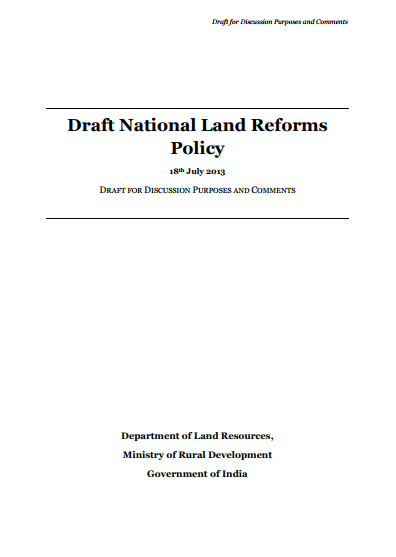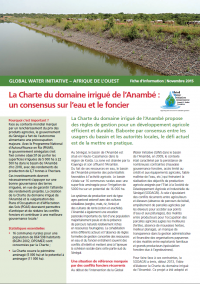Land Tenure, Land Markets, and Institutional Transformation in Zambia
The Government of Zambia is embarking on an ambitious program of legal and administrative reforms in land policy. Although the need to liberalize the land market is universally shared, the ideas on how to accomplish this transformation are not. Two decades of underinvestment in field research have resulted in the present situation of micro-level data on land tenure and farm-level production, consumption, and resource management inadequate to guide policy decisions.






